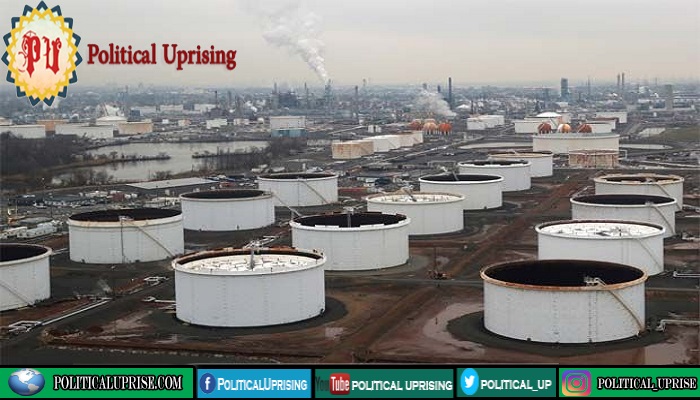Saudi Arabia and Russia are expected to agree to cut output at a meeting on Thursday therefore oil prices clawed their way higher today.
Oil prices clawed their way higher on Tuesday on mounting hopes that Saudi Arabia and Russia will call a ceasefire in their oil price war and agree to an output cut later this week.
Brent crude, the global benchmark for oil, was up 77 cents, or 2.33 percent, at $33.82 a barrel by 13:53 GMT after falling more than 3 percent on Monday. West Texas Intermediate (WTI), the US benchmark, was up 42 cents, or 1.61 percent, at $26.50, having dropped nearly 8 percent in the previous session.
“Oil prices are holding their ground with market expectations building on an agreement for an output reduction of 10 million barrels per day (bpd), or at least close to 10 million bpd,” BNP Paribas analyst Harry Tchilinguirian said.
Saudi Arabia and Russia, are expected to agree to cut output at a meeting on Thursday of the Organisation of Petroleum Exporting Countries (OPEC) and its allies, a group known as OPEC+.
Saudi Arabia to introduce tourist visa for first time
But any final agreement for how sharp those curbs would depend on the volumes that non-OPEC+ producers such as the United States, Canada and Brazil are willing to cut, an OPEC source said.
A major recession hangs over crude markets as coronavirus containment measures shutter factories, close borders, halt travel and place consumers under lockdown around the globe.
Worldwide oil demand has dropped by as much as 30 percent a blow exacerbated by Saudi Arabia and Russia flooding already oversaturated crude markets after their three-year alliance collapsed in acrimony last month.
“With 28 million bpd of oversupply in the oil market in April and 21 million bpd in May, the global coordinated production cuts that are really needed may be too large for the producers to accept perhaps twice as large as the numbers being discussed,” said Rystad Energy’s Bjornar Tonhaugen.
OPEC+ had been curtailing production in recent years even as the United States ramped up its own output to become the world’s biggest crude producer.
Proximity growing between Qatar,Saudi Arabia
There are questions whether the United States would join any coordinated action to curb supply.
US President Donald Trump on Monday said that OPEC had not asked him to push domestic oil producers to cut production to buttress prices. He also said that US output was declining in response to falling prices.
“I think it’s happening automatically, but nobody’s asked me that question yet, so we’ll see what happens,” the president told a press briefing on Monday.
Coordinated action by US oil producers would typically be a violation of antitrust laws.



